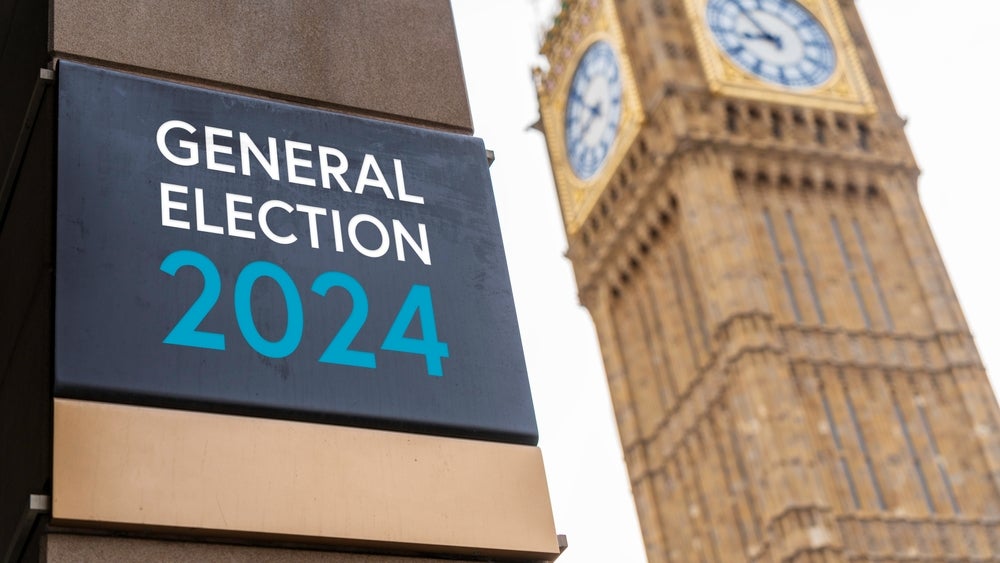In the 2015 summer budget, the Chancellor announced changes to the way in which vehicle tax is calculated for vehicles registered for the first time on or after 1 April 2017. Helen Jones, vehicle service designer with the DVLA, talks about the forthcoming changes
The DVLA has been working closely with motor industry groups to help prepare for the changes to vehicle tax.
With over half of all new first-vehicle registrations last year being for fleets, the support of bodies such as the BVRLA and ACFO has been invaluable in helping to pass on the message about the changes.
To help the industry prepare, we have issued a series of briefings and recently held a webinar with fleet and leasing companies to talk through the new vehicle tax scheme and answer questions.
So, what are they key points? The first is that the changes only affect new cars registered from 1 April this year – so it is vital to stress that all cars currently being driven on the road remain unaffected. However, if you are buying a new car registered on or after 1 April, there are three things to be aware of:
The ‘first year rate’ remains, and continues to be based on the vehicle’s CO2 emissions. However, some values are changing: the new rates are shown in the table.
How well do you really know your competitors?
Access the most comprehensive Company Profiles on the market, powered by GlobalData. Save hours of research. Gain competitive edge.

Thank you!
Your download email will arrive shortly
Not ready to buy yet? Download a free sample
We are confident about the unique quality of our Company Profiles. However, we want you to make the most beneficial decision for your business, so we offer a free sample that you can download by submitting the below form
By GlobalDataThe second time the vehicle is taxed, you will pay one of three standard rates, depending on the vehicle’s fuel type. For normal petrol or diesel vehicles the rate is £140 per year, and for alternative-fuel vehicles – such as hybrids and bioethanol – it is £130 per year. Vehicles with zero CO2 emissions – such as fully electric – will have a £0 rate.
The last point is that if your car has a manufacturer’s list price of over £40,000, you will have to pay a new additional rate of £310 per year for the next five years, on top of the standard rate. After the five years, the vehicle will be only taxed at the standard rate for that type of vehicle.
We expect March to be a bumper month, so we have put together a guide that we hope will answer questions – it can be found at www.gov.uk/newvehicletaxrates







